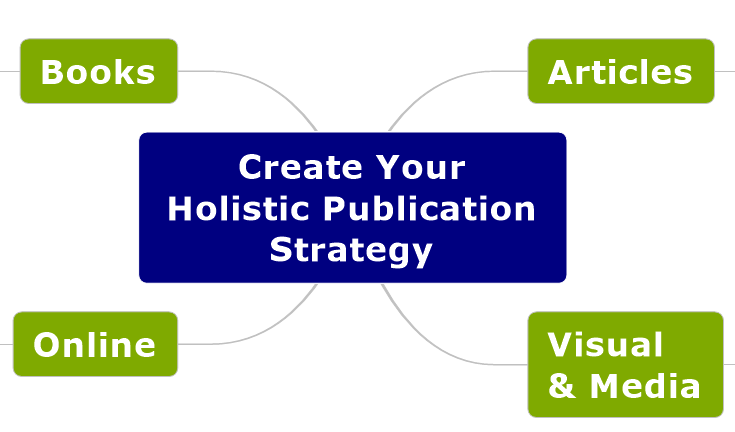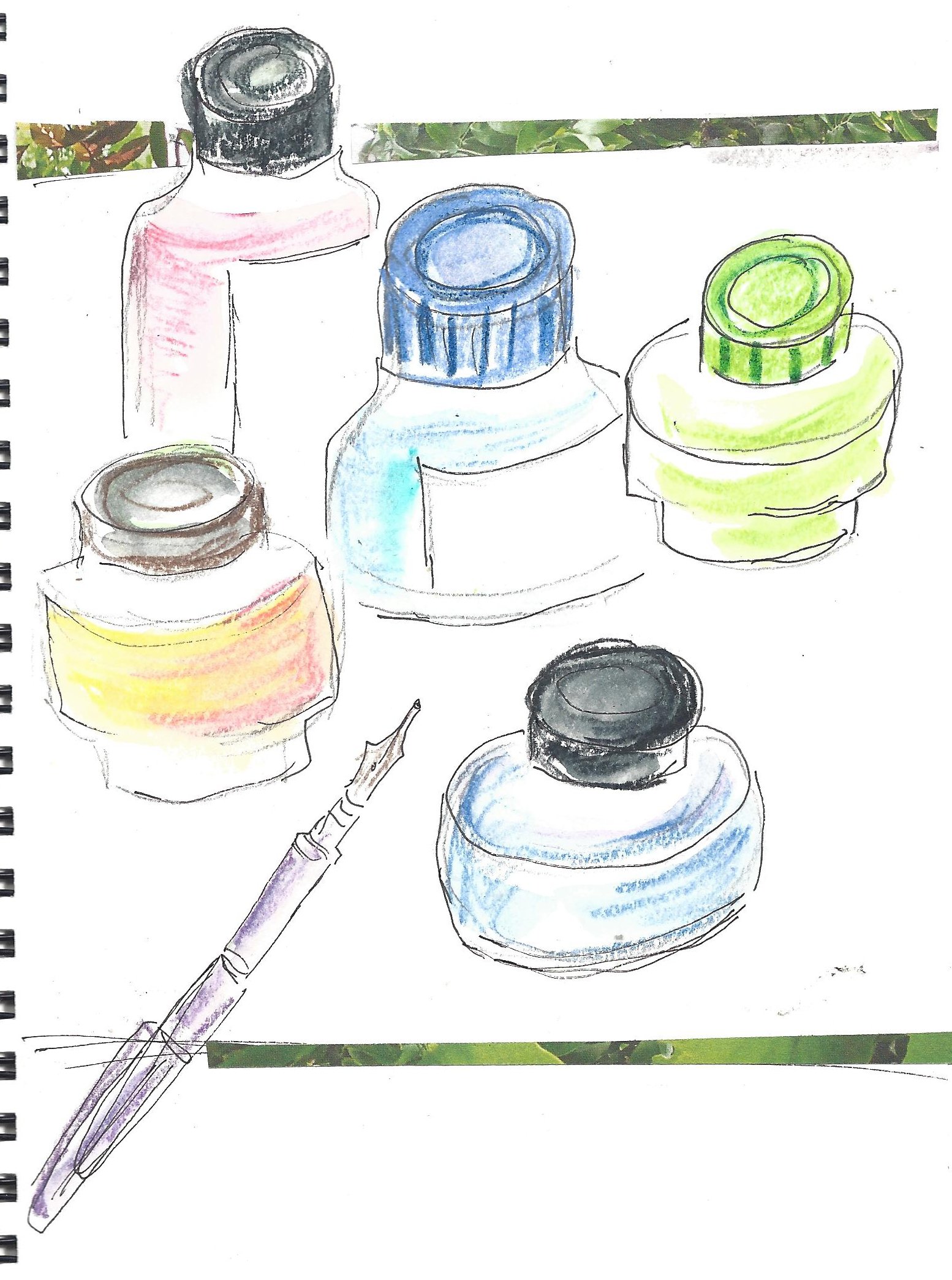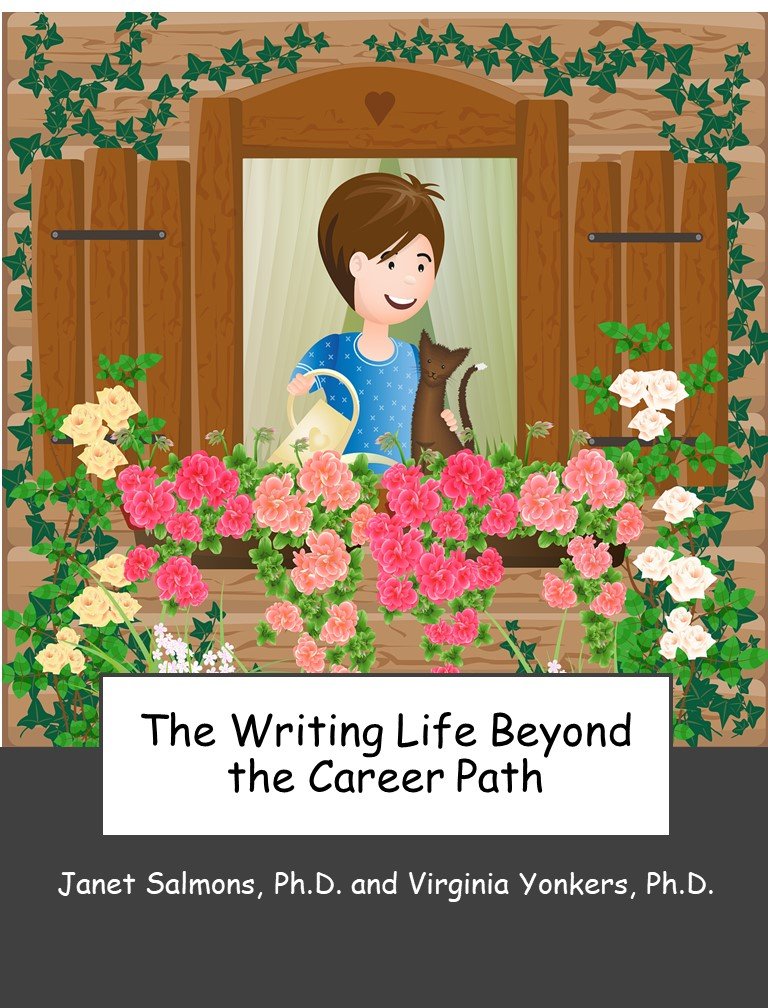Ethical Issues in Academic Writing
Ethical decisions are present throughout the process of academic writing and publishing. This collection of open-access articles offers insights about some of the issues writers face.
Collaborative Writing and Co-Authorship
Baykaldi, S., & Miller, S. (2021). Navigating the Decisions and Ethics of Authorship: An Examination of Graduate Student Journal Article Authorship. Journalism & Mass Communication Educator, 76(1), 29–45. https://doi.org/10.1177/1077695820918764
Authorship and authorship order are visual shortcuts that communicate student success. We content analyzed to what extent graduate students published as lead authors in 10 refereed communication and media journals over a decade (2007–2016) examining student authorship, coauthorship, and affiliations. Graduate students appeared in approximately 23% of the sampled articles with graduate students most often appearing as lead author on multiauthored articles. If there is an increasing expectation to secure lead authorship, students may need to navigate the authorship process. Guidelines are provided on how to assess and negotiate authorship based on intellectual contributions, tasks, and sustained commitment.
Bülow, W., & Helgesson, G. (2018). Hostage authorship and the problem of dirty hands. Research Ethics, 14(1), 1–9. https://doi.org/10.1177/1747016118764305
This article discusses gift authorship, the practice where co-authorship is awarded to a person who has not contributed significantly to the study. From an ethical point of view, gift authorship raises concerns about desert, fairness, honesty and transparency, and its prevalence in research is rightly considered a serious ethical concern. We argue that even though misuse of authorship is always bad, there are instances where accepting requests of gift authorship may nevertheless be the right thing to do. More specifically, we propose that researchers may find themselves in a situation much similar to the problem of dirty hands, which has been frequently discussed in political philosophy and applied ethics. The problem of dirty hands is relevant to what we call hostage authorship, where the researchers include undeserving authors unwillingly, and only because they find it unavoidable in order to accomplish a morally important research goal.
Helgesson, G. (2020). Authorship order and effects of changing bibliometrics practices. Research Ethics, 16(1–2), 1–7. https://doi.org/10.1177/1747016119898403
Although the authorship order on published research plays a significant role for scientific merit in many research contexts, and therefore should be handled with great care not least for the sake of fairness, the practices of accrediting authorship positions vary greatly between different research areas. This paper makes the point, by help of a current example, that changes in bibliometrics practices may make an already disparate landscape even more confusing.
Hall, W. (2022). Authorship disputes and patient research participation: collaborating across backgrounds. Research Ethics, 0(0). https://doi.org/10.1177/17470161221134023
Public participation and survivor research in mental health are widely recognized as vital to the field. At the same time, contributions of patient collaborators can present unique challenges to determining authorship. Using an unresolved dispute around research contributions to the American Psychiatric Association’s Psychiatric Services journal, authorship and contribution are addressed. Recommendations are suggested to prevent dilemmas and achieve responsible research credit inclusion, especially among researchers with different backgrounds and asymmetric power relations. Researchers and publishers can prepare proactively for conflict through consensus on authorship criteria, prior agreements around author inclusion, arrangement for third party dispute resolution, transparency in communication and contracts, notification to prospective publications of pending disputes, a contributor-guarantor model of contribution, journal editor “expressions of concern” when authorship disputes go unresolved, and expectation of conflict as generative.
Pelikan, K., Jeffery, R., & Roelcke, T. (2021). ‘The time where the British took the lead is over’: ethical aspects of writing in complex research partnerships. Research Ethics, 17(1), 3–22. https://doi.org/10.1177/1747016120915253
Writing reflects some of the different characteristics of the language being used and of the people who are communicating. The present paper focusses on the internal written communication in international and inter-disciplinary research projects. Using a case study of an international public health research project, it argues that the authorship and the languages used in internal project communication are not neutral but help to generate or reinforce power hierarchies. Within research partnerships, language thus raises ethical issues that have so far been neglected. Current ethics guidelines often focus on interactions between scientists and participants of social research and clinical trials, with less attention paid to the interactions among the scientists themselves. Describing all the different project phases based on writing within a research project, the paper distinguishes different influences on the distribution of power that emerge through a focus on written communication. The focus of the present paper is to illuminate the issues of ethics, power and the dimensions of hierarchy, physical location and native versus non-native English speakers that arise from paying attention to such communications.
Publishing and Scientific Misconduct
Mehregan, M. (2022). Scientific journals must be alert to potential manipulation in citations and referencing. Research Ethics, 18(2), 163–168. https://doi.org/10.1177/17470161211068745
Citation is an essential practice in scientific publishing. However, it is mandatory that citing the sources in a scientific work is performed in a proper manner. Manipulating citations in research articles is one form of academic research misconduct that violates publication ethics. Citation manipulation simply occurs for the purpose of increasing the number of citations of a researcher or a journal. Unfortunately, there has been a growing trend for this type of misconduct recently and this has not received much attention from the science community. The most effective solution to prevent the growth of such unethical practices is for reputable journals to impose stricter rules on reference evaluation criteria in order to emphasize on the appropriateness of the citations.
Paruzel-Czachura, M., Baran, L., & Spendel, Z. (2021). Publish or be ethical? Publishing pressure and scientific misconduct in research. Research Ethics, 17(3), 375–397. https://doi.org/10.1177/1747016120980562
The paper reports two studies exploring the relationship between scholars’ self-reported publication pressure and their self-reported scientific misconduct in research. In Study 1 the participants (N = 423) were scholars representing various disciplines from one big university in Poland. In Study 2 the participants (N = 31) were exclusively members of the management, such as dean, director, etc. from the same university. In Study 1 the most common reported form of scientific misconduct was honorary authorship. The majority of researchers (71%) reported that they had not violated ethical standards in the past; 3% admitted to scientific misconduct; 51% reported being were aware of colleagues’ scientific misconduct. A small positive correlation between perceived publication pressure and intention to engage in scientific misconduct in the future was found. In Study 2 more than half of the management (52%) reported being aware of researchers’ dishonest practices, the most frequent one of these being honorary authorship. As many as 71% of the participants report observing publication pressure in their subordinates. The primary conclusions are: (1) most scholars are convinced of their morality and predict that they will behave morally in the future; (2) scientific misconduct, particularly minor offenses such as honorary authorship, is frequently observed both by researchers (particularly in their colleagues) and by their managers; (3) researchers experiencing publication pressure report a willingness to engage in scientific misconduct in the future.
Yeo-Teh, N. S. L., & Tang, B. L. (2022). Perceived publication pressure and research misconduct: should we be too bothered with a causal relationship? Research Ethics, 18(4), 329–338. https://doi.org/10.1177/17470161221125097
Publication pressure has been touted to promote questionable research practices (QRP) and scientific or research misconduct (RM). However, logically attractively as it is, there is no unequivocal evidence for this notion, and empirical studies have produced conflicting results. Other than difficulties in obtaining unbiased empirical data, a direct causal relationship between perceived publication pressure (PPP) and QRP/RM is inherently difficult to establish, because the former is a complex biopsychosocial construct that is variedly influenced by multiple personal and environmental factors. To effectively address QRP/RM by tackling the sources of PPP would also be difficult because of the competitive nature of the reward and merit system of contemporary science. We might do better with efforts in enhancing knowledge in research ethics and integrity among the practitioners, as well as institutional infrastructures and mechanisms to fairly and efficiently adjudicate cases of QRP/RM.
Other Dilemmas
Bringedal Houge, A. (2022). Violent re-presentations: Reflections on the ethics of re-presentation in violence research. Qualitative Research, 0(0). https://doi.org/10.1177/14687941221079532
How comfortable a read can research that has violence at its core become, before the distance created by language becomes an ethical—and analytical—challenge in its own right? In this article, I explore and reflect on ethical dilemmas of re-presenting violent experiences, following the traction of my research. The article addresses a challenge that scholars are faced with as we conduct, write up, and communicate research on issues to do with violence in general and atrocity crimes in particular. It seeks to stir inter-disciplinary scholarly self-reflection, and feed a discussion on researchers’ responsibilities for the stories we ask for, hear, read, analyze, and re-tell by addressing the ethics of re-presenting stories and the people they involve in our teaching and publications, particularly concerning mass violence and war crimes.
Dalton-Brown, S. (2022). Personalising the dilemma: research ethics in fiction. Research Ethics, 18(2), 114–125. https://doi.org/10.1177/17470161211066445
Learning about research ethics and research integrity is greatly facilitated by case studies, which illuminate, ground and personalise abstract questions. This paper argues that fiction can provide similar learning experiences, incarnating ethical dilemmas through a medium that is highly accessible yet sophisticated in its depictions of how researchers behave. Examples of fictional illustrations are given to illustrate various themes such as animal experimentation, exploitation of the vulnerable, researcher bias and research fraud.
Edwards, J. (2021). Ethical Autoethnography: Is it Possible? International Journal of Qualitative Methods, 20. https://doi.org/10.1177/1609406921995306
Autoethnography is a widely applied qualitative research method to examine self-experience in relation to life events, and also situated experiences in cultural and institutional contexts. In this paper the ethical challenges arising in conducting and presenting autoethnographic research are presented and explored, first through reflection on personal experience of being described and identified in an autoethnographic presentation without my permission, then through the challenges of my own experiences undertaking autoethnographic work. Following Ellis’ relational ethic as a third dimension along with procedural and situation ethics, a fourth dimension of the ethic of the self is presented. Ways we can enhance the ethic of respect in autoethnography is further elaborated.
Moskovitz, C., & Hall, S. (2021). Text Recycling in STEM Research: An Exploratory Investigation of Expert and Novice Beliefs and Attitudes. Journal of Technical Writing and Communication, 51(3), 252–272. https://doi.org/10.1177/0047281620915434
When writing journal articles, science, technology, engineering and mathematics (STEM) researchers produce a number of other genres such as grant proposals and conference posters, and their new articles routinely build directly on their own prior work. As a result, STEM authors often reuse material from their completed documents in producing new documents. While this practice, known as text recycling (or self-plagiarism), is a debated issue in publishing and research ethics, little is known about researchers’ beliefs about what constitutes appropriate practice. This article presents results of from an exploratory, survey-based study on beliefs and attitudes toward text recycling among STEM “experts” (faculty researchers) and “novices” (graduate students and post docs). While expert and novice researchers are fairly consistent in distinguishing between text recycling and plagiarism, there is considerable disagreement about appropriate text recycling practice.




























Michelle Boyd answers a question about taking small steps to make progress on a large writing project.